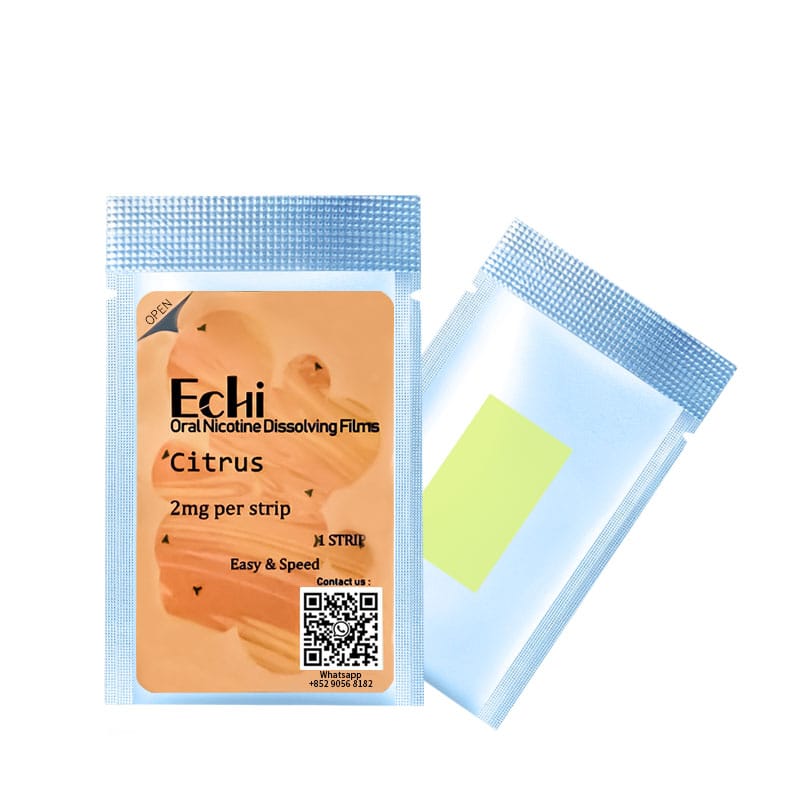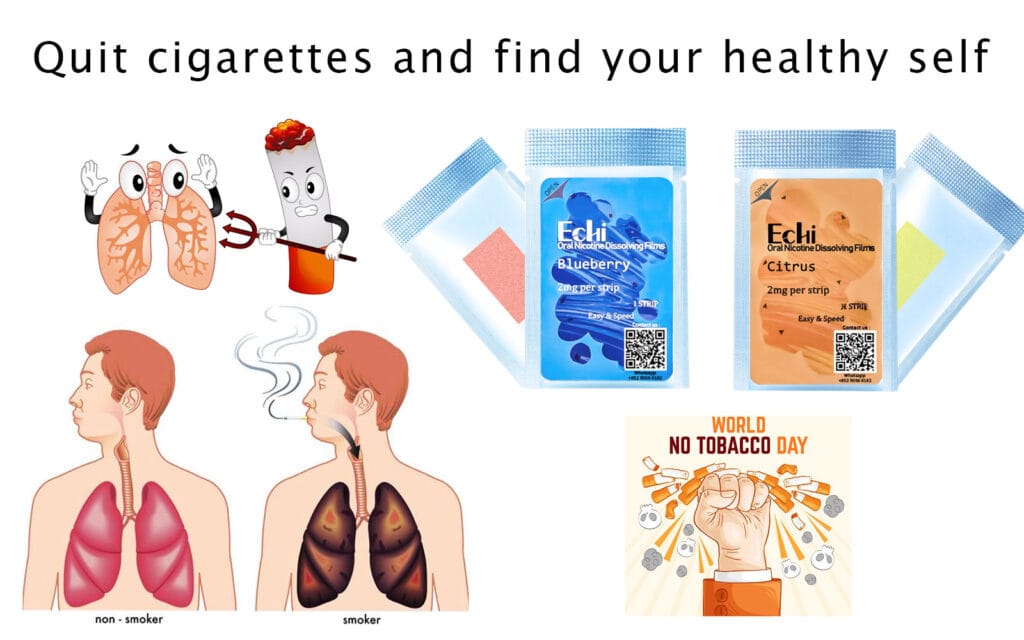Navigation
Introduction
Undergoing wisdom teeth removal can be a daunting experience, particularly for smokers and nicotine users. A common concern among these individuals is how to manage their nicotine intake during the recovery period. This article provides insights on safely obtaining nicotine after wisdom teeth removal, discussing alternatives to smoking and the potential impact of nicotine on the healing process.
Understanding Wisdom Teeth Removal
Wisdom teeth, or third molars, often require removal due to lack of space, impaction, or potential dental issues. The procedure is typically performed under local or general anesthesia, followed by a recovery period that can last several days to weeks.
Key Recovery Considerations
- Swelling and Pain: Expect some swelling and discomfort following the procedure, which is a normal part of healing.
- Dietary Restrictions: A soft-food diet is often recommended to avoid irritating the surgical site.
- Infection Risk: Maintaining oral hygiene is crucial to prevent infection and ensure proper healing.
The Effects of Smoking and Nicotine on Recovery
Nicotine can significantly impact the healing process after wisdom teeth removal. Understanding these effects is crucial for making informed decisions about nicotine intake.
Negative Impacts of Nicotine
- Delayed Healing: Nicotine constricts blood vessels, which can slow down blood flow to the surgical site and prolong recovery time.
- Increased Risk of Complications: Smoking can introduce bacteria into the mouth, increasing the risk of infections and complications such as dry socket, a painful condition where the blood clot at the extraction site fails to develop or is dislodged.
- Pain Management: Nicotine withdrawal can exacerbate discomfort, making pain management more challenging during recovery.
Given these factors, many dental professionals recommend abstaining from nicotine products, especially smoking, during the initial healing period.
Safe Alternatives for Nicotine Post-Procedure
While it is best to avoid nicotine altogether during the early recovery phase, some alternatives may be safer for users who wish to maintain nicotine intake without hindering the healing process.
Nicotine Replacement Products
- Nicotine Gum: This can be a good option as it allows for controlled doses of nicotine without the harmful effects of smoking.
- Nicotine Lozenges: Similar to gum, these provide nicotine without the need for chewing, which may be beneficial if your mouth is sore.
- Vaping: While not recommended, if you choose to vape, opt for devices with lower nicotine levels to minimize the impact on healing.
Timing Considerations
If you must use nicotine, consider waiting at least 72 hours after the surgery to reduce the risk of complications. Always consult your dentist or oral surgeon for personalized advice.
Recommendations for Using Nicotine After Surgery
If you decide to consume nicotine after wisdom teeth removal, keep the following recommendations in mind:
Consult Your Dentist
- Always talk to your dentist or oral surgeon before using any nicotine products post-surgery to ensure it aligns with your recovery plan.
Gradual Introduction
- If you are using nicotine replacement products, start with lower strengths to assess how your body reacts and gradually increase if necessary.
Monitor Your Symptoms
- Pay attention to any signs of complications, such as increased pain, swelling, or discharge from the extraction site, and contact your dentist if these occur.
Maintain Oral Hygiene
- Regardless of nicotine use, keep up with oral hygiene practices as advised by your healthcare provider to promote healing.
FAQs
1. Can I smoke immediately after wisdom teeth removal?
No, it is advisable to avoid smoking for at least 72 hours after the procedure to reduce the risk of complications like dry socket.
2. How long should I wait to use nicotine after my surgery?
It is best to consult your dentist, but generally, waiting at least 72 hours is recommended to allow initial healing to occur.
3. Are there any nicotine-free alternatives for cravings?
Yes, consider options like herbal cigarettes or non-nicotine gum to help manage cravings without the risks associated with nicotine.
4. What should I do if I experience pain or complications while using nicotine?
If you notice increased pain, swelling, or any unusual symptoms, contact your dentist immediately for advice.
For more information on high-quality nicotine products, visit SnuffMint or reach out via WhatsApp at +852-90568182.







